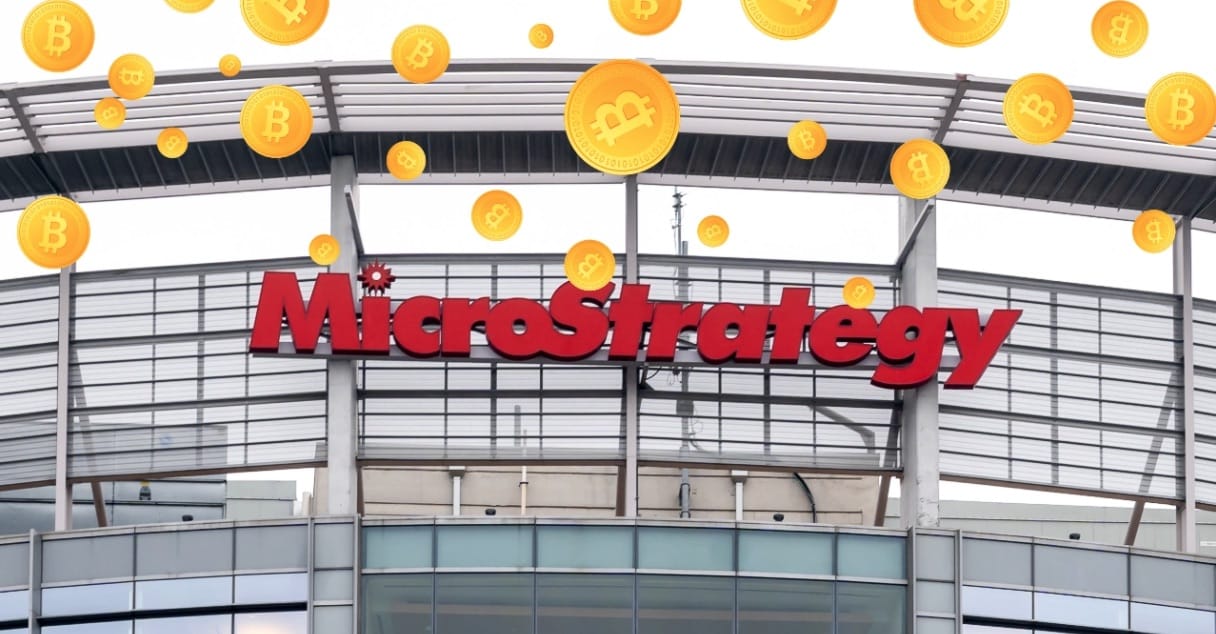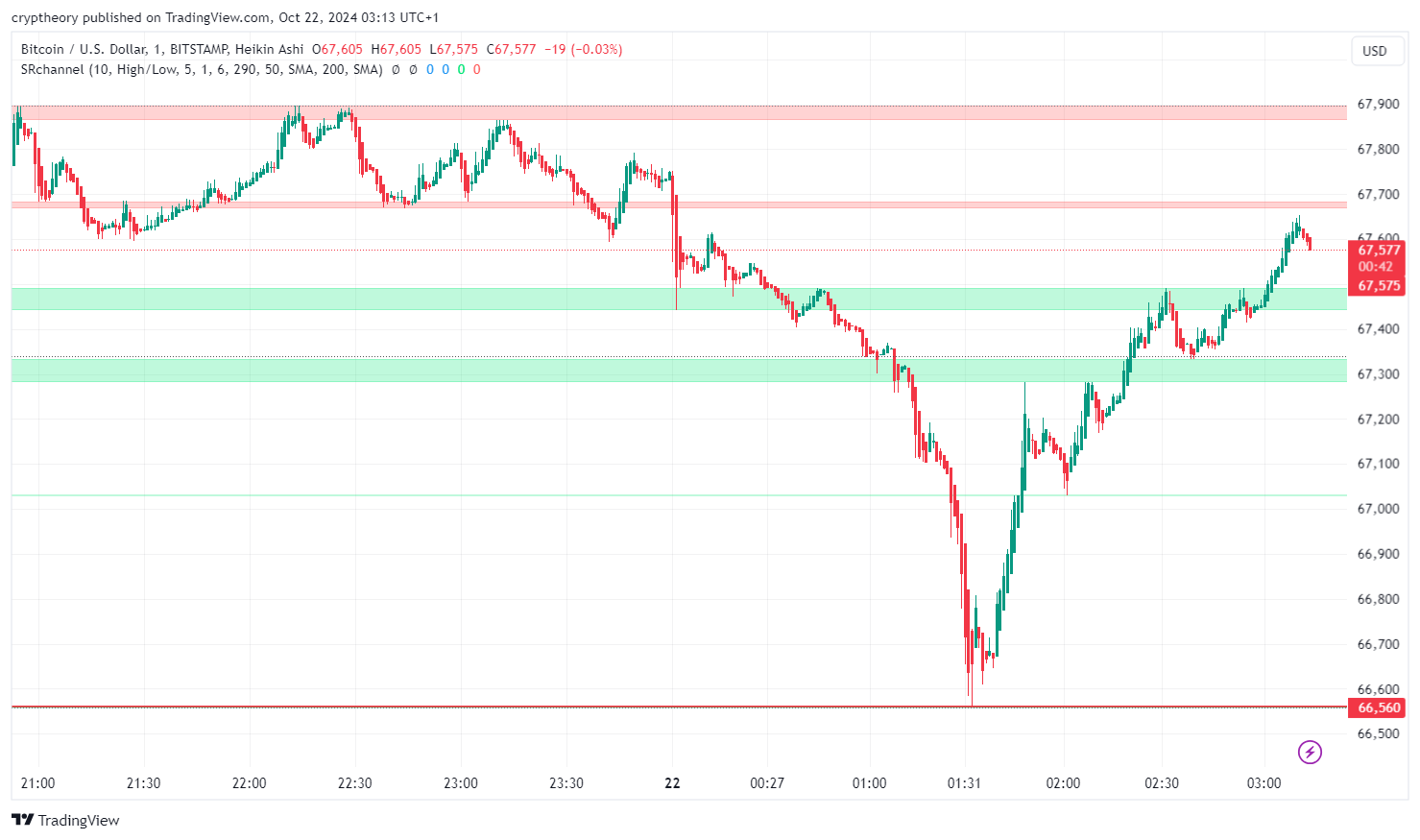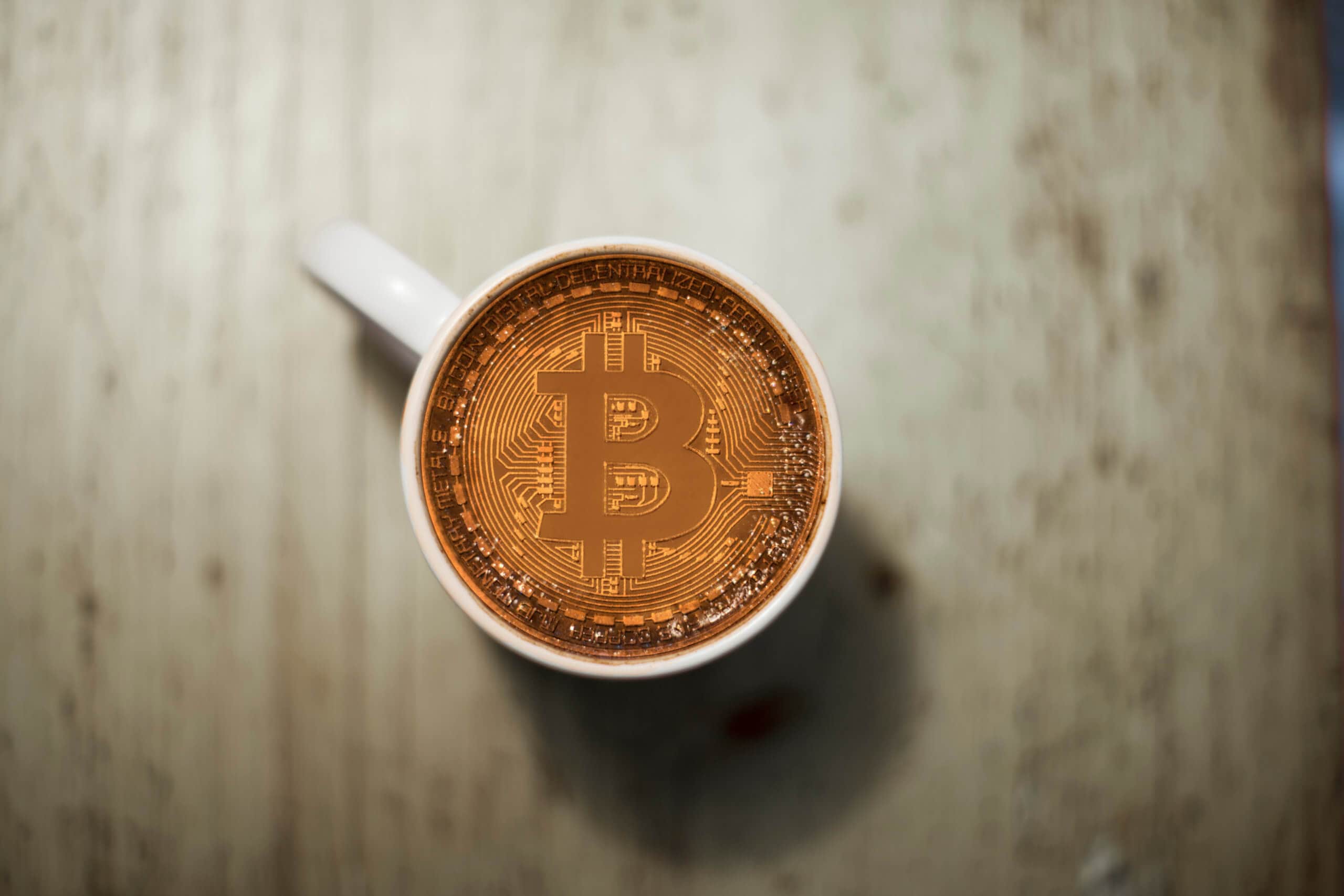Blockchain security firm PeckShield has claimed that the Freedom Protocol and Raccoon Network are frauds, as per alert released on Tuesday (19). According to the company, the scammers have already transferred about $20 million worth of BUSD to another address.
To confirm its claim, PeckShield released two addresses, each associated with one of the protocols. BscScan, BNB’s block explorer, also confirmed that the addresses belong to the Freedom and Raccoon protocols.
Freedom is an earnings protocol that offers interest of up to 183,395.2% on funds left as liquidity. The Raccoon Network bills itself as a metaverse company that monetizes user data.
What the data from PeckShield show
PeckShield has provided two addresses that it claims are Raccoon Network and Freedom Protocol. The addresses, in turn, show a series of transactions from BUSD, the stablecoin of the BNB network.
In that sense, the two addresses moved about 20 million BUSD to another address, probably in an egress scheme. Such a move occurs when scammers withdraw funds from the project, usually after earning large returns.
The address to which the alleged scammers moved the BUSD shows more than $20 million in custody. In total, the account has about US$ 21 million, which corresponds to R$ 113 million in current values.
Both the Raccoon Network and Freedom Protocol have yet to comment on PeckShield’s allegations. At the time of writing, the Freedom Protocol (FREE) token is trading steady up 0.09%.
Protection from encryption scams
In an interview with CNN, Sam Bankman-Fried, CEO of FTX, revealed that a substantial number of cryptocurrency products resemble a Ponzi scheme. That is, the value of these tokens only depends on the people who invest money in them.
According to Bankman-Fried, exchanges such as FTX and Binance are responsible for identifying and removing such products. However, the CEO acknowledges that it is not always easy to identify supposedly valuable products such as Ponzi schemes.
Experts also warn investors against pump and dump schemes as well as rug pull schemes. In the first, scammers carry out transactions to inflate the volume of an asset and deceive investors, while the second scheme is the sudden sale of cryptocurrencies, eliminating small investors from the market.
As for investors, you need to check the common signals to check the reputation of cryptocurrency projects. One such sign is checking to see if the project has been audited by reputable security companies or other experts. It is also necessary to check if there are too many tokens in the hands of controllers, a centralization that can be dangerous.
Why cryptocurrency regulations help investors






















